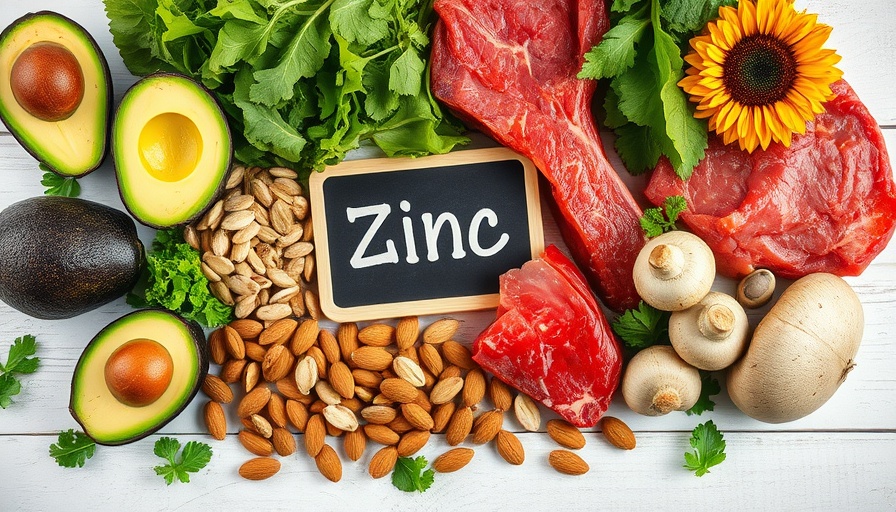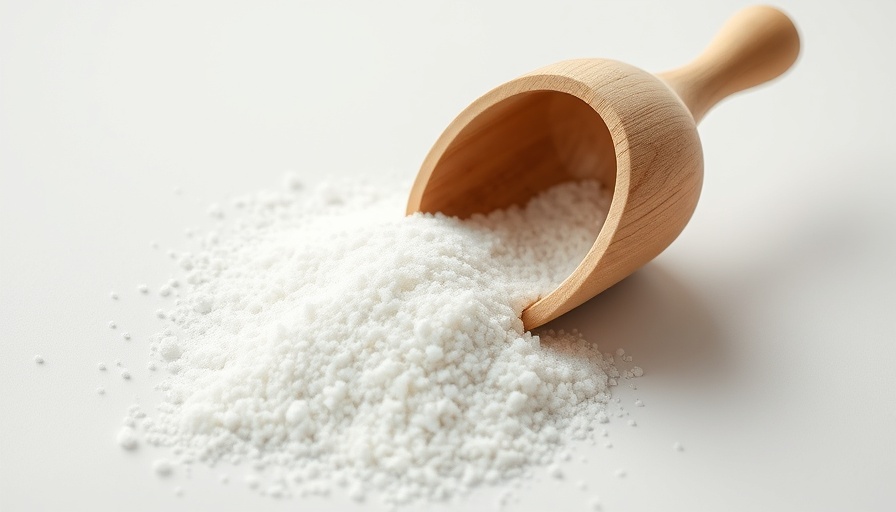
The Essential Role of Zinc in Health
Are you aware that zinc is one of the most crucial minerals your body needs? Many people tend to overlook it, but this powerhouse nutrient is essential for various bodily functions, including supporting immune health, promoting growth, and even aiding cognitive function. Zinc deficiency is surprisingly common, affecting approximately 17% of the global population, often due to inadequate dietary intake or malabsorption issues. This mineral plays a significant role in DNA synthesis, metabolism, and the production of proteins and enzymes, which makes its presence vital for overall health.
Unlocking the Immune Benefits of Zinc
The significance of zinc cannot be overstated when it comes to immune health. Zinc is crucial for the development and function of immune cells, specifically T cells, which play a key role in recognizing and destroying pathogens. Additionally, it regulates cytokine production, thus coordinating the immune response effectively. Research suggests that maintaining optimal zinc levels can not only help reduce the severity of infections but may also lower your risk of chronic diseases, highlighting the importance of including this mineral in your diet.
Understanding Zinc Deficiency: Symptoms and Consequences
Unfortunately, many individuals experience zinc deficiency, which can contribute to a variety of adverse health outcomes. Symptoms can range from impaired immune function and delayed wound healing to neurological issues. In children, zinc deficiency can adversely affect physical and cognitive development, leading to significant long-term health impacts. Recognizing these symptoms is the first step toward ensuring that you and your family are meeting your nutritional needs, especially during critical periods of growth.
The Best Food Sources of Zinc: Incorporate Them Into Your Diet
So, where can you find this essential nutrient? Fortunately, both animal and plant-based sources are rich in zinc:
-
Animal-Based Sources:
- Oysters: Considered one of the richest sources, a single serving can provide over 70 mg of zinc!
- Red Meat: Beef and lamb are excellent options, offering 4-5 mg of zinc per serving.
- Poultry: Chicken and turkey also contribute well with around 2-3 mg of zinc.
-
Plant-Based Sources:
- Legumes: Beans and lentils provide 1-2 mg, plus they offer fiber and protein.
- Nuts and Seeds: Foods like pumpkin seeds and cashews are fantastic choices, giving 1-2 mg of zinc per serving.
Incorporating a mix of these foods into your meals can help ensure you meet your daily zinc requirements. Consider combining them to maximize absorption, such as pairing legumes with seeds or nuts.
Getting the Most from Your Zinc Intake
While adding zinc-rich foods to your diet is vital, how you consume them matters. Certain nutrients can inhibit zinc absorption, such as phytates found in whole grains and legumes, while others can enhance it, such as consuming zinc with protein. This reinforces the importance of a balanced diet that emphasizes nutrient-rich foods
Take Charge of Your Health and Well-Being
By educating yourself on the benefits and sources of zinc, you can make informed decisions that positively impact your health. Start by incorporating zinc-rich foods into your daily meals and be mindful of your body’s signals related to deficiency. Don't ignore potential symptoms!
Remember, healthy eating isn't just about one nutrient; it's about balance and variety. As you aim to boost your immune system, support your growth, and optimize cognitive function, zinc should be a key player in your dietary strategy.
Ready to explore even more wellness tips? Engage with your local community wellness events and stay informed about nutritional workshops tailored to your health needs. You have the power to unlock your health potential!
 Add Row
Add Row  Add
Add 




Write A Comment